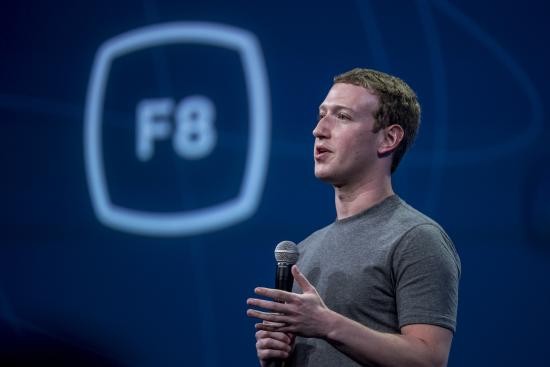By Dane Lorica, | October 08, 2016

The Facebook Messenger Lite app is now available for download.
Facebook Messenger Lite was recently released internationally to cater to the needs of users with older devices and slower internet connection.
The "stripped down" application contains no notification sounds and other features that affect loading time. The social network company did not eliminate basic Messenger features such as emojis, stickers, and photo and link sharing.
Like Us on Facebook
Tom Mulcahy of Facebook said, "Messenger Lite is a slimmed down version of Messenger that offers the core features of Messenger for markets with slower than average internet speeds and a prevalence of basic Android smartphones."
Over 1 billion people worldwide use Messenger every month in different devices including smartphones. Facebook believes that Messenger Lite can keep more individuals keep in contact with their relatives and friends. People with bogged down internet connections can easily send and receive messages, photos and links from their families and friends using the Messenger Lite. It is specially designed for devices with 2G networks running on the Android operating system.
Messenger Lite is expected to attract more users to use Facebook. It would compete with advanced chat systems like Apple Messenger, Snapchat, and Hangouts.
This standalone Messenger version can be downloaded and installed speedily. The size of the app is 10MB.
-
Use of Coronavirus Pandemic Drones Raises Privacy Concerns: Drones Spread Fear, Local Officials Say

-
Coronavirus Hampers The Delivery Of Lockheed Martin F-35 Stealth Fighters For 2020

-
Instagram Speeds Up Plans to Add Account Memorialization Feature Due to COVID-19 Deaths

-
NASA: Perseverance Plans to Bring 'Mars Rock' to Earth in 2031

-
600 Dead And 3,000 In The Hospital as Iranians Believed Drinking High-Concentrations of Alcohol Can Cure The Coronavirus

-
600 Dead And 3,000 In The Hospital as Iranians Believed Drinking High-Concentrations of Alcohol Can Cure The Coronavirus

-
COVID-19: Doctors, Nurses Use Virtual Reality to Learn New Skills in Treating Coronavirus Patients







